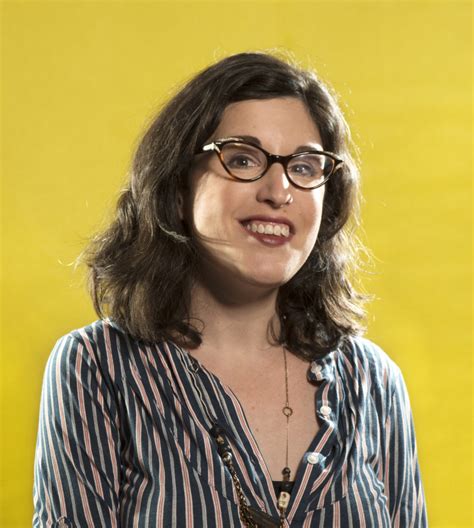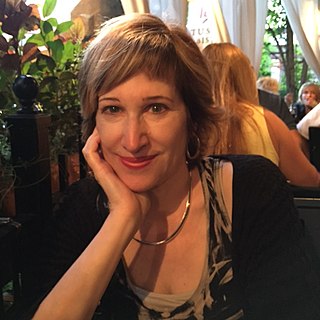A Quote by June Diane Raphael
It certainly wasn't taught in school beyond the idea of "girls can do anything that boys can do" - I understood that kind of pop culture feminism. I did not understand anything else about feminism.
Related Quotes
The nineties as a pop cultural sphere was a really fertile time for feminism that was grounded and located in popular culture. I'm talking about before the Spice Girls - Sassy Magazine, riot grrrl, the Beastie Boys, Nirvana. You had this alternative culture that was very much speaking up on behalf of women and in favor of women.
I think feminism has always been global. I think there's feminism everywhere throughout the world. I think, though, for Western feminism and for American feminism, it not so surprisingly continues to center Western feminism and American feminism. And I think the biggest hurdle American feminists have in terms of taking a more global approach is that too often when you hear American feminists talk about international feminism or women in other countries, it kind of goes along with this condescending point of view like we have to save the women of such-and-such country; we have to help them.
I don't think that the forms of feminism that are prevailing on campus are left wing. It's a conservative form of feminism in gender politics and there [isn't] anything particularly progressive about it. That's what is baffling. You've got conservatives acting like liberals touting free speech and due process.
We have the beginnings of feminism starting to rear its head, where all of that got blown up. The whole point of going to college became not to find a husband - screw that! - feminism became, "You don't want anything about a man to be defining you, and you don't want your relationship to define, you! You don't want a relationship to be your happiness. You certainly don't want marriage to be the sole determining reason you live".
Fame is fun, money is useful, celebrity can be exciting, but finally life is about optimal well-being and how we achieve that in dominator culture, in a greedy culture, in a culture that uses so much of the world’s resources. How do men and women, boys and girls, live lives of compassion, justice and love? And I think that’s the visionary challenge for feminism and all other progressive movements for social change.
When I grew up, feminism wasn’t something that was really talked about. There’s a really negative stereotype about feminism in the media. That really plays badly for young women understanding the movement. Maybe people don’t want to identify themselves as feminists because of the label. But people need to understand what feminism means and educate themselves before they reject it.
Yes, there's something dangerous about turning people into token social activists. I was thinking about this recently with our pop-culture feminism, when feminism is such a buzzword in the media now. We're covering it in a way that we haven't before, but also in a way that's way more surface level. And while I think that there's some danger in that, I also think it's a great gateway for some people.
I had a real come-to-Jesus a couple of years ago when I started to see the direct line between feminism and everything else - feminism and climate change, feminism and poverty, feminism and hunger - and it was almost like I was born again and started walking down the street and was like, "Oh, my God, there are women everywhere! They're just everywhere you look. There's women all over the place!"

































